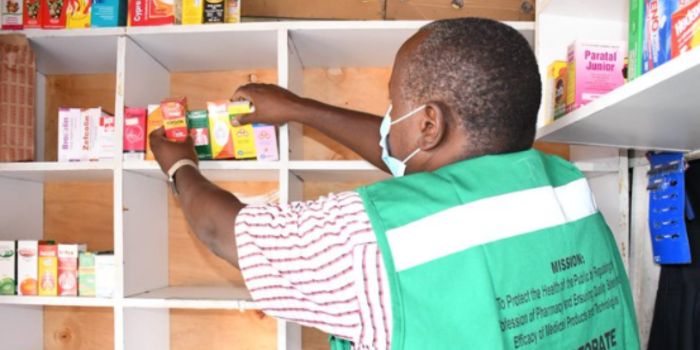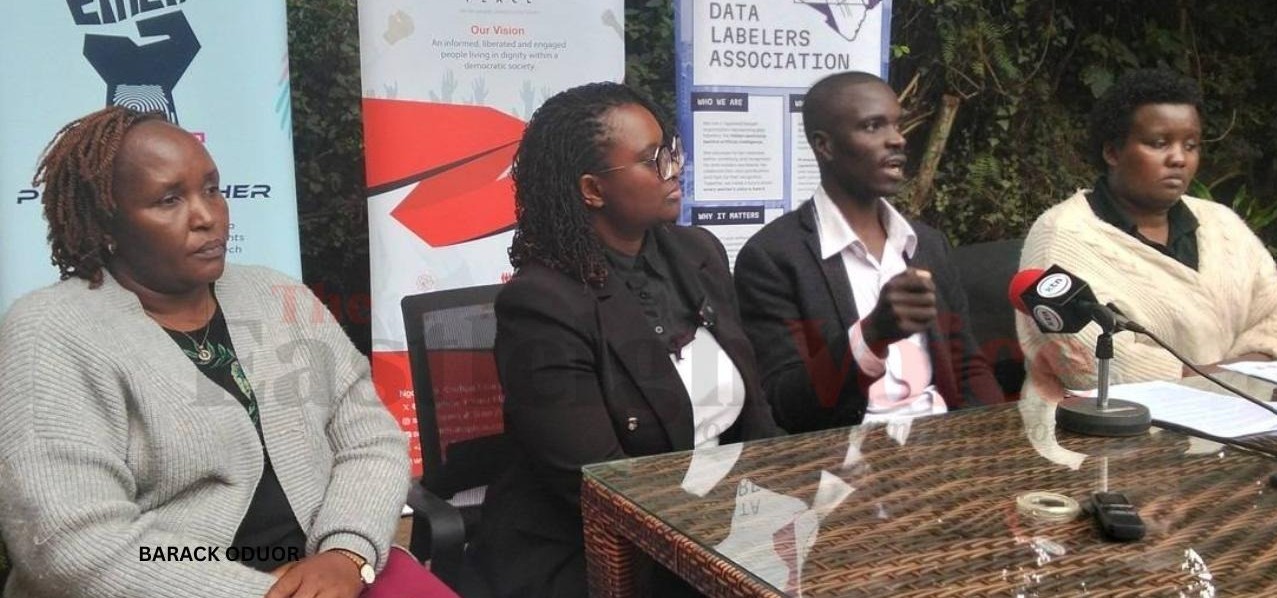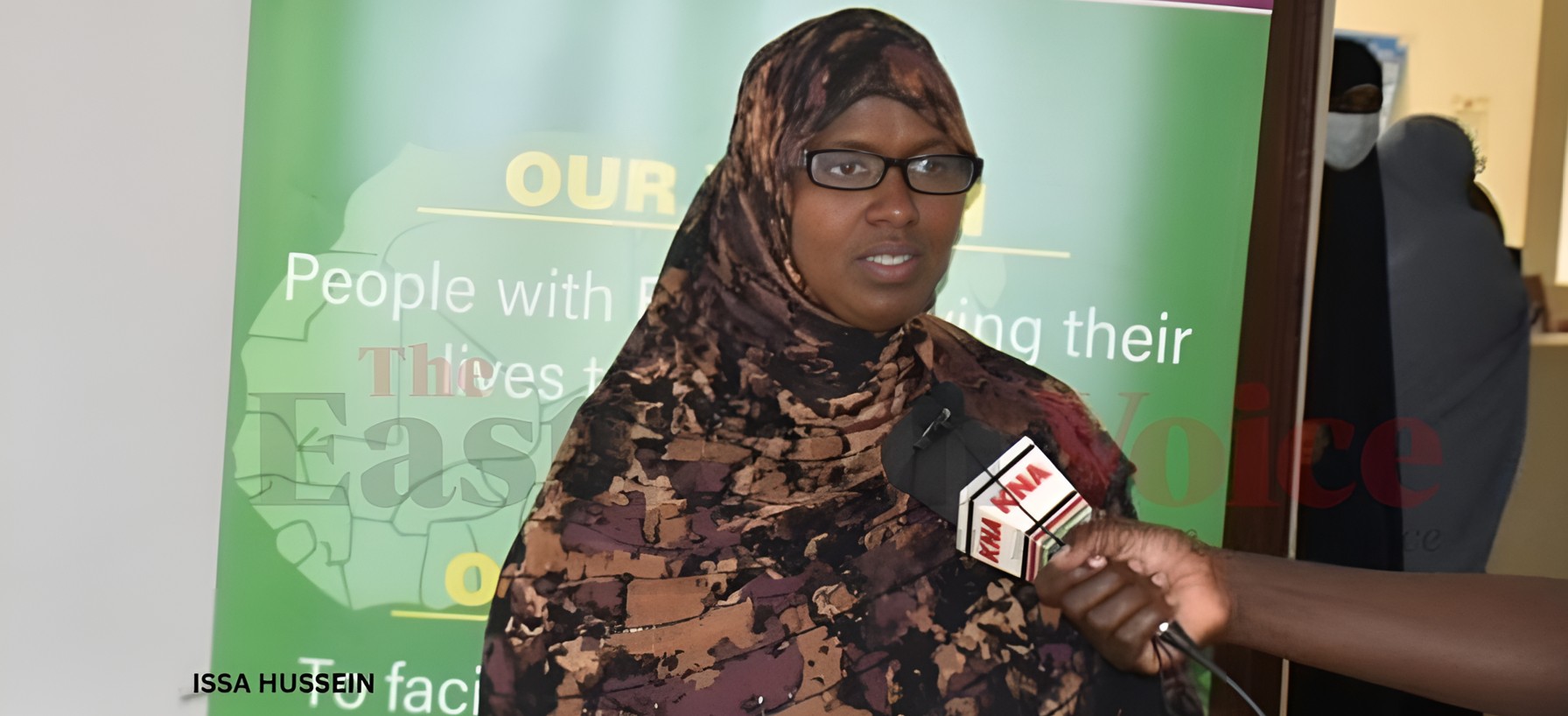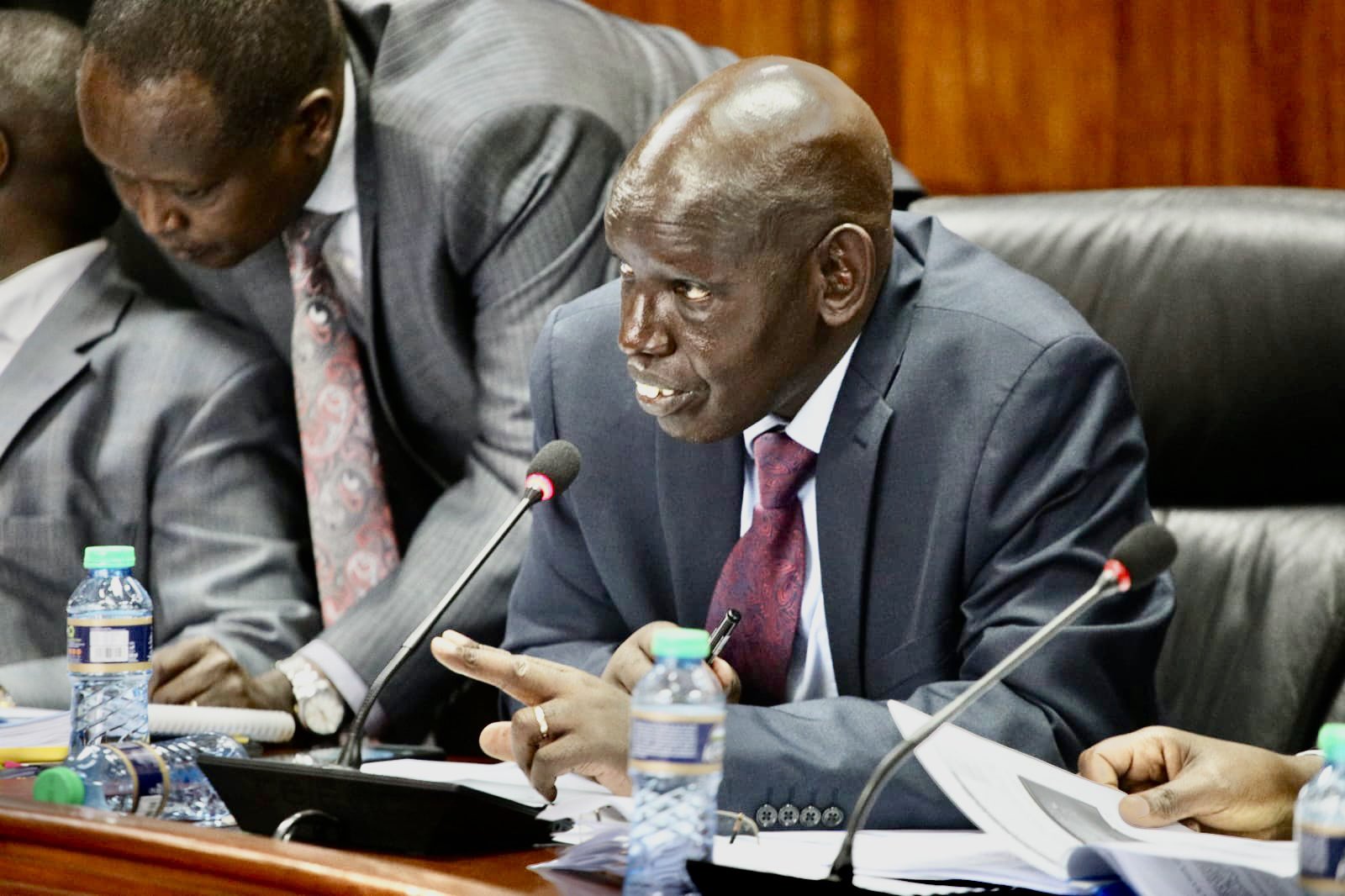Kenya's pharmacy board issues alert on counterfeit cancer drug Herceptin

The PPB strongly advised against the use, distribution, sale, or supply of the C5830083 batch due to its inability to guarantee its safety, quality, and efficacy.
The Pharmacy and Poisons Board (PPB) has issued an alert regarding a batch of counterfeit Herceptin 440mg (Trastuzumab 440mg) that it says has been circulating in Kenya.
According to the product website, "Herceptin is approved for the treatment of early-stage breast cancer that is Human Epidermal Growth Factor Receptor 2-positive (HER2+) and has spread into the lymph nodes, or is HER2-positive and has not spread into the lymph nodes".
More To Read
- Senators order crackdown on absenteeism in public hospitals
- Public hospital patients may have received untested drugs, Auditor-General reveals
- Senators demand urgent Ministry of Health action on child deaths from drug-resistant infections
- Pharmacy and Poisons Board recalls substandard batches of Paracetamol, Augmentin
- Pharmacy and Poisons Board lifts ban on popular painkiller Mefnac Oral Suspension
- Pharmacy Board raises alarm over mishandling of medical products
This batch, number C5830083 and purportedly manufactured by Roche Products Ltd. in Germany, has December 2021 and November 2024 as the manufacture and expiration dates, respectively.
"The public is notified that this specific product, batch number C5830083 is confirmed to be counterfeit," the PPB's chief executive, Fred Sioyi, said in a statement on Saturday.
"It is not authorised to be in the market and is a falsified product in view of the falsified contents, packaging, and labelling aspects, which have been confirmed by the brand owners."

The PPB strongly advised against the use, distribution, sale, or supply of the batch due to its inability to guarantee its safety, quality, and efficacy.
The agency said that, in collaboration with relevant government agencies, it has taken legal and regulatory measures against individuals suspected of involvement in the illicit activity, as per the provisions of the Pharmacy and Poisons Act (Cap. 244).
Additionally, the PPB said it has intensified market surveillance to safeguard public health and ensure product safety.
"We urge members of the public and healthcare providers to report and volunteer information on suspicious activities that may be related to such acts of falsification as well as all suspicious, substandard, and falsified medical products."
Top Stories Today















































